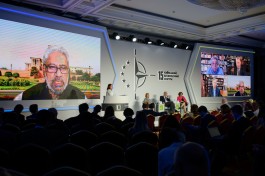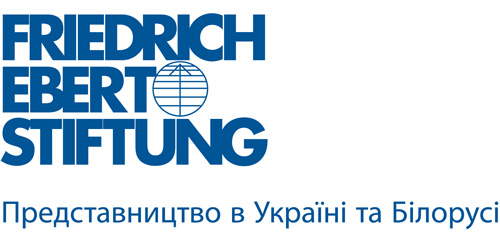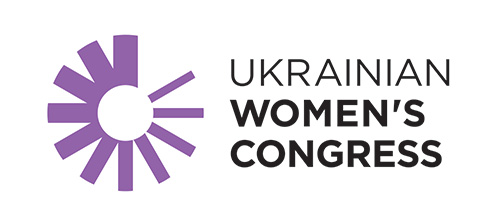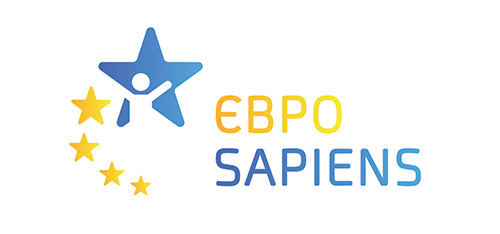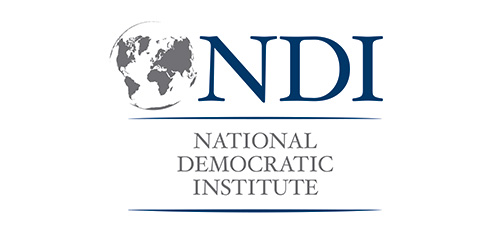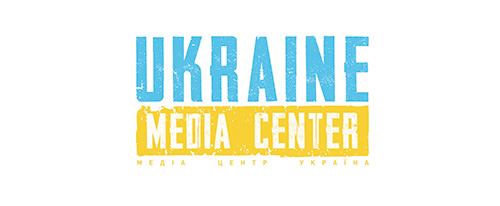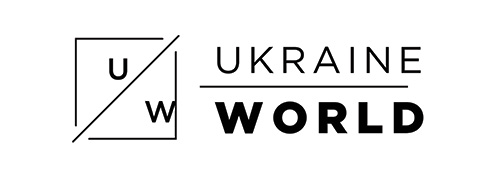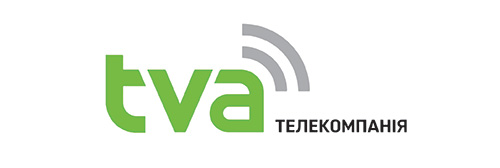Hanna MOROZOVA: XXI CENTURY: IS IT THE ERA OF MILITARY BLOCS OR VALUE-BASED ALLIANCES?
Starting from the Peloponnesian Union and for already more than twenty-five centuries the human race has been enthusiastically playing the same murderous game of keeping friends with one neighbour against another. While goals, scale, ideology and means keep changing, the cornerstone of it is – and has always been – the strengthening of both the defence and the attack. This is not to say that it is good. This is not to say that it is bad. It just works. And this is exactly our civilisation’s model of living. Every new century brings its new changes to this model, but they look like a facelift rather than a gut rehab.
Hanna MOROZOVA, Student of the National Technical University of Ukraine ‘Kyiv Polytechnic Institute’
XXI CENTURY: IS IT THE ERA OF MILITARY BLOCS OR VALUE-BASED ALLIANCES?
Starting from the Peloponnesian Union and for already more than twenty-five centuries the human race has been enthusiastically playing the same murderous game of keeping friends with one neighbour against another. While goals, scale, ideology and means keep changing, the cornerstone of it is – and has always been – the strengthening of both the defence and the attack. This is not to say that it is good. This is not to say that it is bad. It just works. And this is exactly our civilisation’s model of living. Every new century brings its new changes to this model, but they look like a facelift rather than a gut rehab.
It is impossible to draw a distinct line between a military bloc and an alliance based on humanism and universal human values. What is more, the shared values by no means reject making a military alliance. On the contrary, it contributes something of itself and reinforces these values. Apparently, the ‘alliance-antagonism’ duality is necessary for an individual’s and the entire mankind progress alike.
From ancient times until now, tribes and countries have been making alliances based on the shared values, such as worshiping the same deity, hand-in-hand labour, supremacy of the set governance principles, following the similar goals and ideals. However, all cannot share the same values, which is the reason why alliances exist. The most common form of alliance has always been an association, which is based on the formal religious view of the world and has its morale. It looks like such course of action will continue well into the future, since even without carrying a strongly pronounced religious idea traditional values bear the impress of the thousand-year-old religious and philosophic thought.
Solidarity and struggle are imperative. Without solidarity and struggle the human progress would have come to a standstill. The only characteristic of making an alliance based on values is the need to safeguard these values. In fact, those who need to be protected – from invasion, division, disunion and annihilation – are associations of people sharing the same values.
Therefore, military blocs and sovereign alliances of people that rest on the shared values are absolutely natural. Their power and flexibility become special values, which add to those ones that have united people from the outset.
The famous Spartan upbringing had no place for feebleness. A particular brutality towards some citizens ensured the well-being of others by bringing up the army of overwhelming might to protect the city-state. NATO and Warsaw Pact Organisation were established in the same fashion to protect own vision of human values and values of the state. Standing on completely different ideological backgrounds and being on opposite sides of the barricades, the two blocs were only announcing their willingness for stability and peace in the global arena. Well, the result is already known.
However, there is a point to be made about gradual movement towards certain shared values, despite that it is rather slow. Collapse of the USSR with its forced socialism also buried the military bloc called to protect socialist values. On the other hand, socialist ideas influenced the Western world and led to more social oriented economies. Established to protect liberal (let’s refrain from using ‘capitalistic’) values, NATO has transformed towards ‘liberalism’. With all its military might in place, it promotes the ‘softened’ values and participates in peacekeeping and humanitarian operations.
The world has not become unipolar with the fall of the Eastern Bloc. Fundamentalist and terrorist networks of all sorts have entered the arena. Since there is no single centre, individual protection of values gains in importance. At that, the significance of military blocs is far from being prejudiced.
Comparing ends and means of different military blocs and social alliances, one cannot but come to a conclusion that modern times are in no way different from the years gone by. There must be both the unifying factor (values) and natural antagonism between groups of different values for an individual human being to develop in a matrix society. Therefore, military blocs are bound to exist for they do not contradict the principle of association on the grounds of values, but rather contribute to such values something of their own and thus consolidate both the values themselves and the people around them.


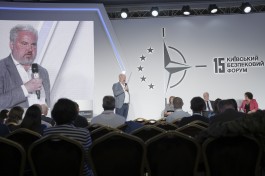
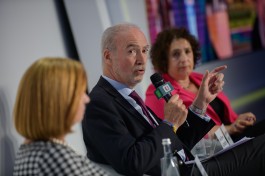
-tmb-265x176.jpeg)

